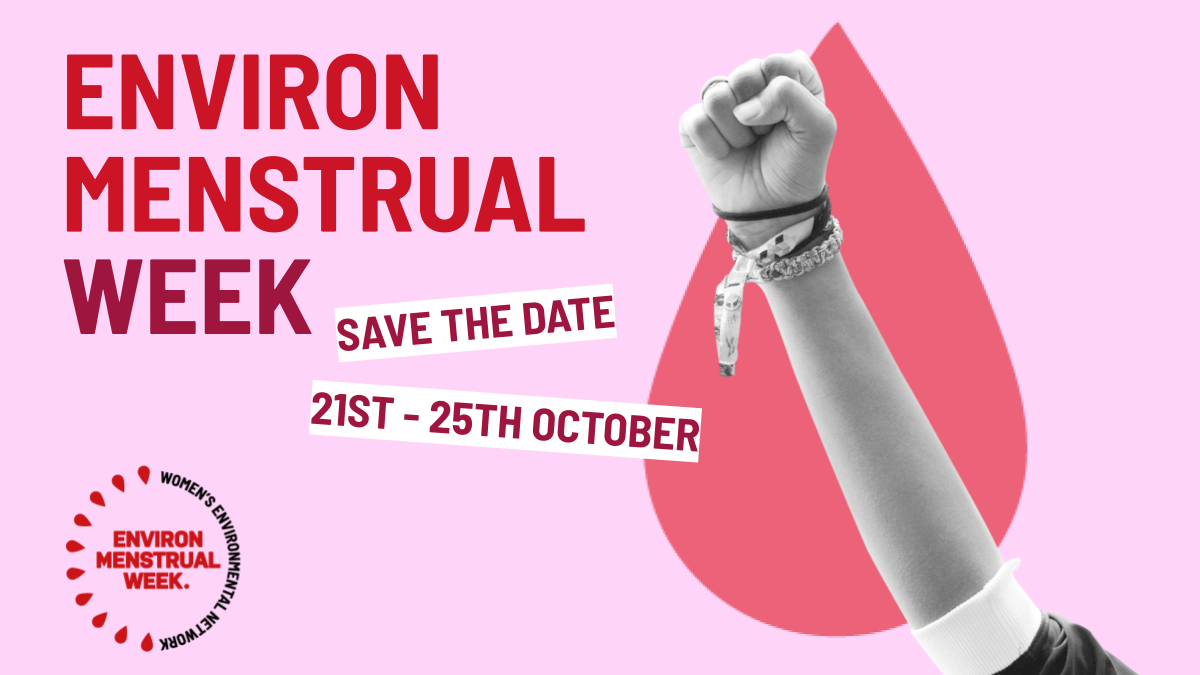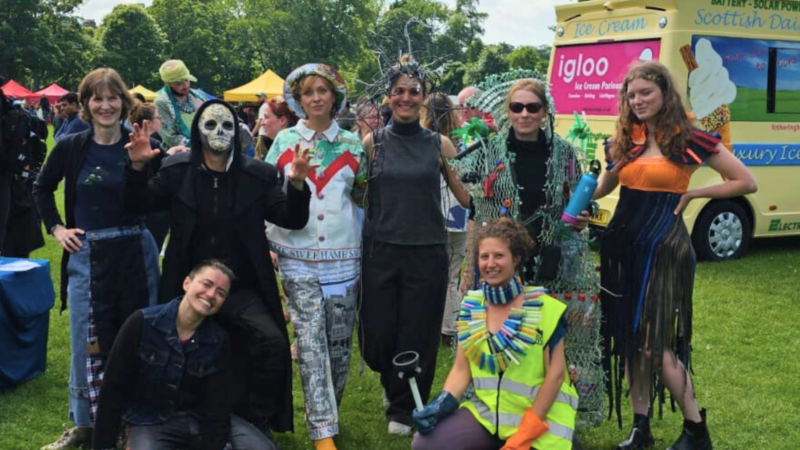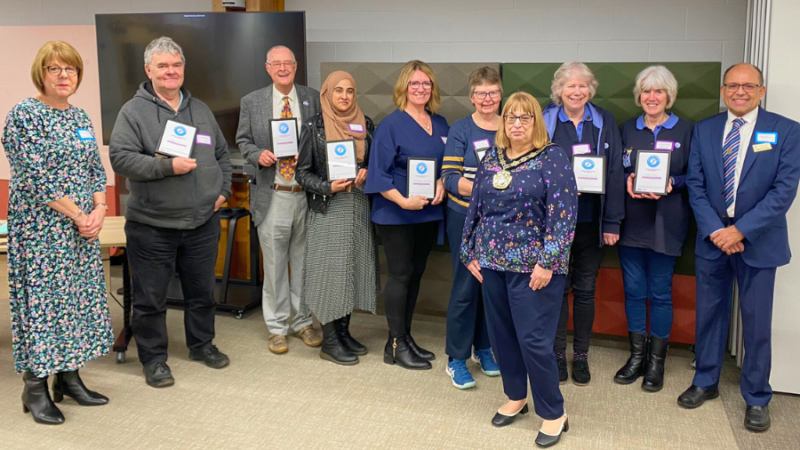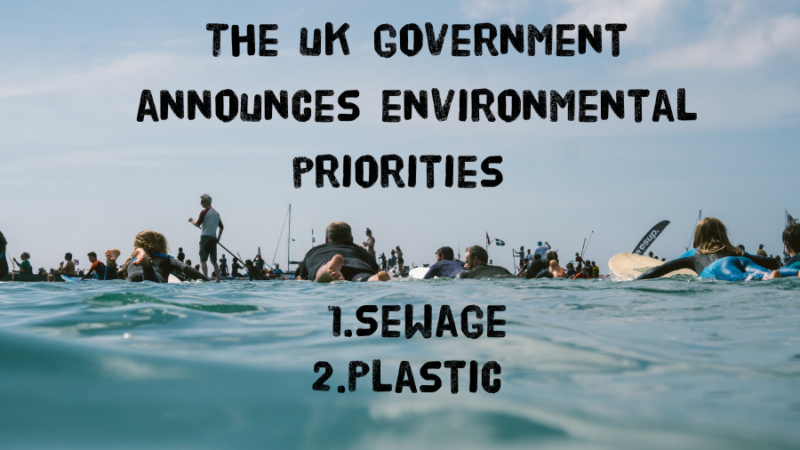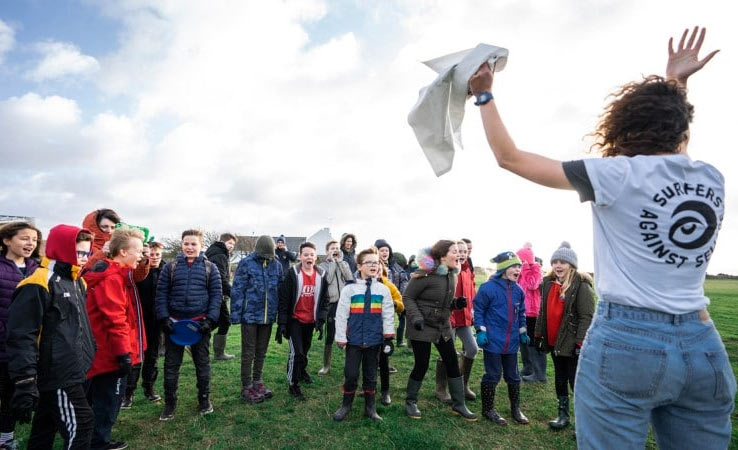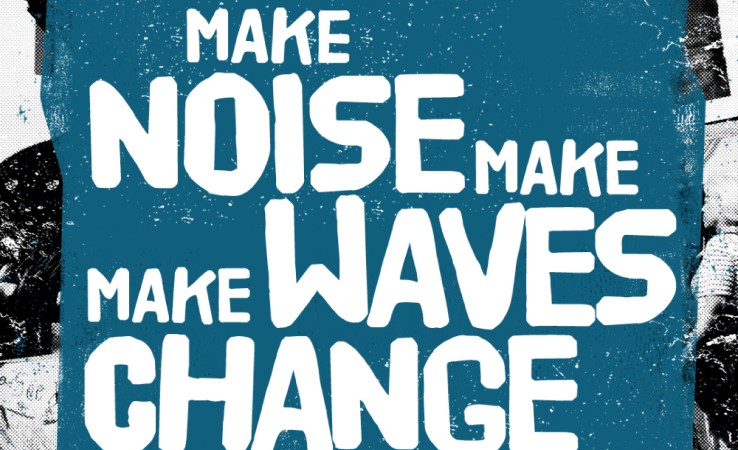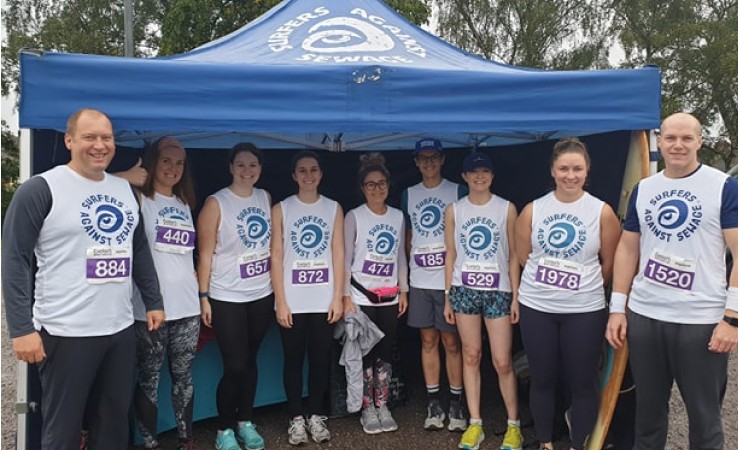Plastic Pollution, Reduce, Refill & Reuse Posted — 2 October 2024
Seeing Red on Period Plastic
MANY PERIOD PRODUCTS CONTAIN PLASTIC AND CHEMICALS THAT WOMEN, GIRLS AND PEOPLE THAT MENSTRUATE DIDN’T ASK FOR. JOIN OUR PLASTIC FREE COMMUNITIES AND WEN (WOMEN’S ENVIRONMENTAL NETWORK) IN CALLING FOR PLASTIC FREE, SHAME FREE PERIODS.
Enough Plastic. Period.
So what’s the problem? The majority of mainstream period products on the market are composed of plastic. Up to 90% of menstrual pads and 6% of tampons are plastic. Not to mention the plastic packaging, liners, backing strips and applicators. Even tampon strings can be made from Polyethylene (PE) and Polypropylene (PP).
All this virgin plastic being produced leaves a carbon footprint. A year’s worth of a typical menstrual product leaves a carbon footprint equivalent of 5.3 kg CO2. In the UK, the use of tampons, pads and applicators generates over 200,000 tonnes of waste per year.
Flushed away
A shocking 10% of sewage related debris on beaches is composed of plastic from menstrual products. Disposal of single-use menstrual products is a major problem, and it’s increasing.
Menstrual products cause sewer blockages, along with other unflushable items such as wet wipes. Despite this a staggering 2 billion menstrual items are flushed down the toilet each year.
Surely not Chemicals…
Manufactures don’t legally have to tell us what is in period products, and independent testing of period products is not made public.
Recent test conducted by Women’s Voices for the Earth (WVE) revealed undisclosed toxic chemicals in tampons including carbon disulfide, methylene chloride, toluene and xylene. There often any other additives such as fragrance, lubricants, hydrogels, lotion, top sheets and odour neutralisers found in some products.
Health and Climate Justice
Period health, taboo, poverty, waste, pollution and climate are so interlinked, it must be tackled together, both globally and here in the UK.
Menstruation is a health, social and climate justice issue. Which is why WEN is calling for a Menstrual Health, Dignity and Sustainability Act, which encompasses all aspects of menstruation – to safeguard women, girls and people with periods, and the environment.
How to get involved with Environmenstrual Week 2024:
Join the Plastic Free Movement
Latest News & Events
Other ways to support
Plastic Free Schools
We urgently need your help to fight plastic pollution, protect the ocean
and save wildlife.
Join Surfers Against Sewage
The more members we have, the louder our voice becomes and the more attention we can demand from government and industry.
Fundraise for us
When you sign up to a challenge event or host an event in aid of SAS, not only will YOU be saving our oceans, but you also get to have lots of fun while doing it!
